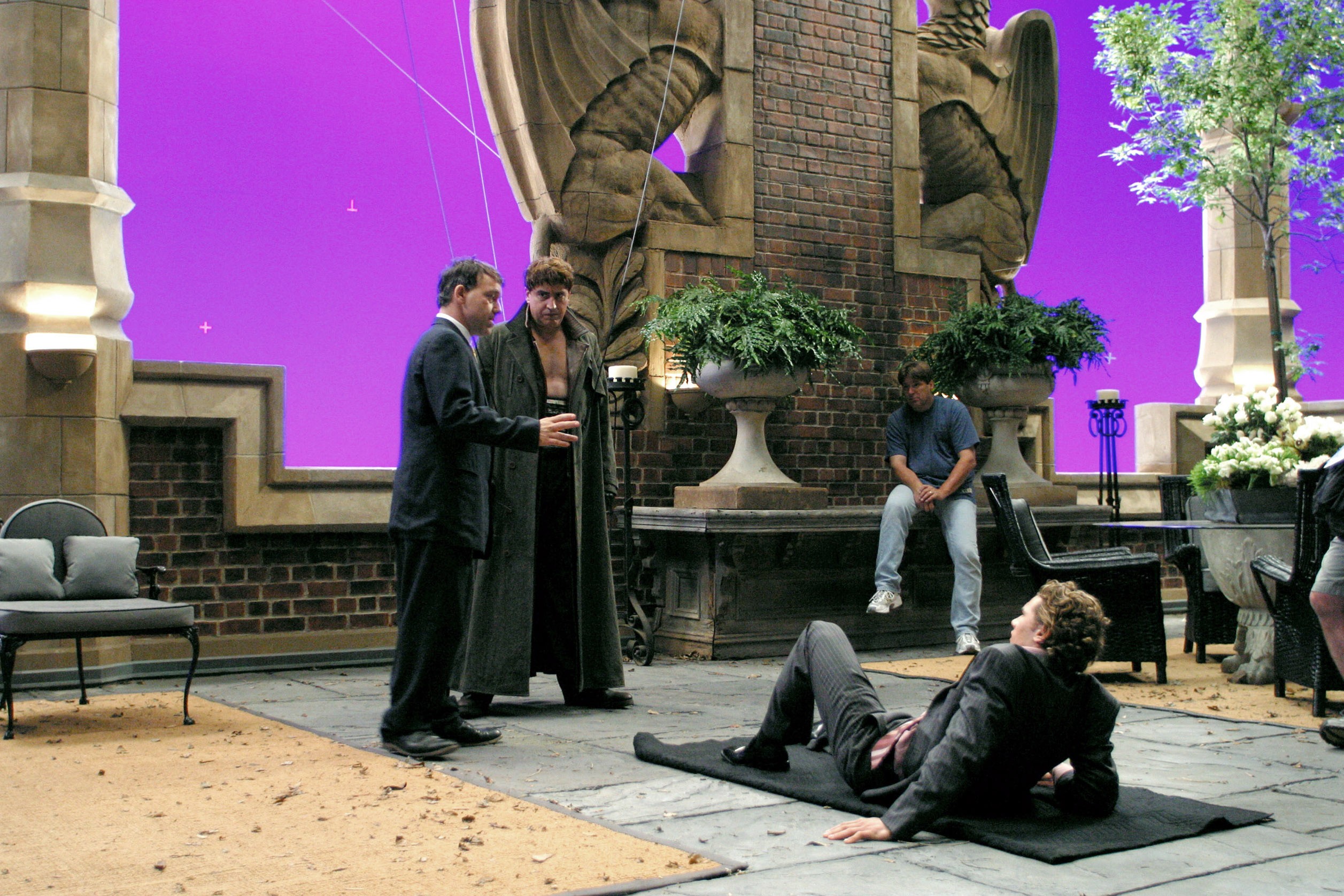Today in Movie Culture: How to Make a 'Pirates of the Caribbean' Movie, the Best of Roger Moore's 007 and More
Here are a bunch of little bites to satisfy your hunger for movie culture:
Franchise Parody of the Day:
Ranker shows us what to expect in every Pirates of the Caribbean movie in this animated parody fake trailer for a 13th installment:
[embedded content]
Franchise Recap of the Day:
Also prepare yourself for the new Pirates of the Caribbean movie with this supercut of some of the franchise’s best moments:
[embedded content]
Movie Comparison of the Day:
Speaking of Pirates of the Caribbean, did the last one seem familiar? Couch Tomato shows 24 reasons why On Stranger Tides is the same movie as Indiana Jones and the Last Crusade.
[embedded content]
Video List of the Day:
CineFix is back with a showcase of more of the greatest shots of all time, including an establishing shot from The Godfather:
[embedded content]
Vintage Image of the Day:
Alfred Molina, who turns 64 today, and James Franco receive direction from Sam Raimi on the set of Spider-Man 2:
Actor in the Spotlight:
In honor of the late Roger Moore, IMDb put together a supercut of his work as James Bond in the 007 movies:
[embedded content]
Screenwriting Lesson of the Day:
Lessons from the Screenplay explores the Oscar-nominated script for Arrival and celebrates its achievement in adaptation:
[embedded content]
Filmmaking Effect of the Day:
Now You See It shows us and explains the significance of the Dolly Zoom shot, most famously done in Jaws and Goodfellas:
[embedded content]
Knife Collection of the Day:
Barry Pepper apparently forges or collects a knife to go with every character he plays, as he shows us in this home movie (via Geek Tyrant):
[embedded content]
Classic Trailer of the Day:
This weekend is the 30th anniversary of Rocky III. Watch the original trailer for the classic sequel below.
[embedded content]




